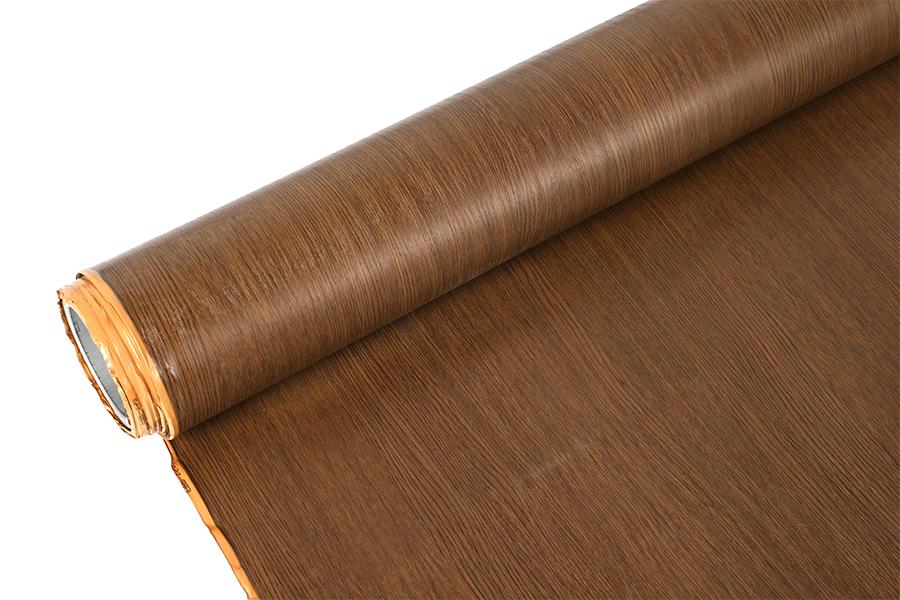PVC decorative films are widely used in homes and commercial spaces to enhance aesthetics and add a touch of personalization. However, concerns have been raised regarding the potential health and environmental impacts of these films.
PVC films may emit VOCs, which can cause respiratory problems, headaches, and other health issues, especially in individuals with pre-existing conditions like asthma or allergies.Some PVC films contain phthalates, chemicals linked to endocrine disruption, reproductive problems, and developmental issues in children.
The production of PVC involves the use of hazardous chemicals and can generate harmful byproducts. Additionally, PVC waste is difficult to recycle and may end up in landfills, leaching toxic substances into the environment. PVC releases toxic fumes when burned, posing a significant risk during fires.

Given the potential health and environmental concerns associated with PVC decorative films, consider safer alternatives.Opt for wallcoverings made from natural materials like bamboo, cork, or grasscloth, which are free from harmful chemicals and offer a unique aesthetic appeal.
Utilize paints and stains that are low in VOCs and free from phthalates to add color and design to walls.Consider using tiles or stone for accent walls or backsplashes, providing durability, visual interest, and a safer alternative to PVC films.Wood veneer adds a touch of elegance and warmth to walls while offering a natural and sustainable option compared to PVC films.
When selecting decorative materials for your home or commercial space, prioritize health and environmental considerations. Opt for natural, low-VOC, and sustainable alternatives to PVC decorative films to create a healthier and more eco-friendly environment.










